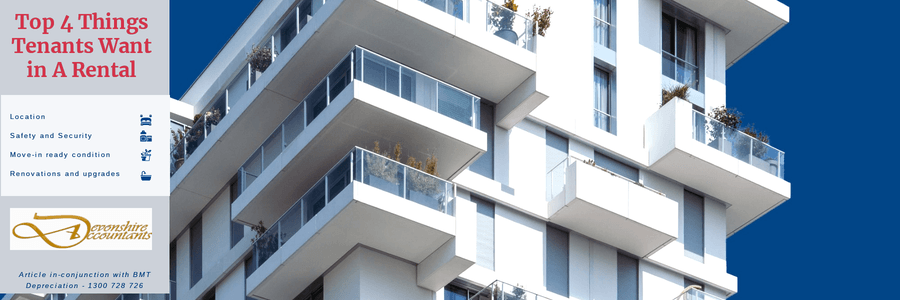Buying Property in a SMSF
Buying an investment property with an SMSF

Buying an investment property through a self-managed superannuation fund (SMSF) can be a sound financial move. But all too often, it is placed into the 'too hard basket' due to the complex rules and restrictions surrounding superannuation.
It can seem like a minefield of regulatory bombs just waiting to explode. However, getting it right from the beginning can mean reaping the benefits for years to come.The Superannuation Industry (Supervision) Act 1993 specifies when and how an SMSF can borrow money to invest in property.
A limited recourse borrowing arrangement (LRBA) involves the SMSF taking out a loan from a third-party lender for the investment property, which is then held in a separate trust called a 'bare trust'. The bare trust must be formed if finance is required and once the SMSF has identified the property it expects to invest in. While the SMSF is still the beneficiary, the bare trust will be the registered holder of the property until the loan is repaid. Only one property can be held under a bare trust at a time.
The LRBA can only be used for a single asset and ensures that, if the SMSF defaults on the loan, no other assets are touched. There are also minimum requirements surrounding the balance and contribution an SMSF must meet to purchase a property.
If an SMSF uses a loan to purchase an investment property (i.e. it doesn't own the property outright) the types of renovations that can be made are restricted. Essentially, the property's 'inherent character' can't be changed, and only slight improvements and repairs can be made. For example, a rusted gutter can be repaired, but carpet can't be replaced with timber floorboards.
An existing residential investment property can't be transferred to a property held under an SMSF. A party involved with the SMSF, directly or indirectly, also can't live in the property. However, this works differently for commercial properties. All SMSFs can invest in commercial properties. Small business owners have the added benefit of being able to occupy the property if it's their business premises and pay market-rate rent directly to their SMSF.
Whether an SMSF invests in residential or commercial properties, tax benefits are available.
All tax deductions are available, however they can only be deductible to the fund. This means parties of the SMSF can't use the property's losses against their personal income. Deductions can only be used within the SMSF. While this doesn't necessarily result in a negative-gearing arrangement, it still means claiming deductions results in less tax to pay. BMT has experienced an increase of tax depreciation schedules ordered for properties held in SMSFs. Both capital works and plant and equipment depreciation deductions can be claimed for property held in an SMSF.
The SMSF operates in a 15 per cent tax environment, meaning it only needs to pay 15 per cent tax on rental income from the property. For this same reason, losses are less lucrative, as reduced liabilities are calculated at the same 15 per cent rate.
In the instance where the SMSF decides to sell the property after owning it for 12 months, capital gains tax (CGT) is discounted. The fund receives a one-third discount on any capital gain made from the sale, bringing the CGT liability down to 10 per cent.
An SMSF in the retirement phase receives further tax concessions. When the investment property income is supporting this phase, it is tax exempt. The technical name for this is the 'exempt current pension income' (ECPI). The ECPI can be applied to the annual SMSF return once it begins paying one or more retirement phase income streams and meets the relevant requirements. SMSFs can ensure they make the most out of their investment properties by claiming depreciation with BMT. Prior to investing in property with an SMSF, it's recommended to consult with Devonshire Accountants.
Article Credit - BMT Tax Depreciation is Australia's leading supplier of residential and commercial tax depreciation schedules.
Contact us today on 07 3800 0807



